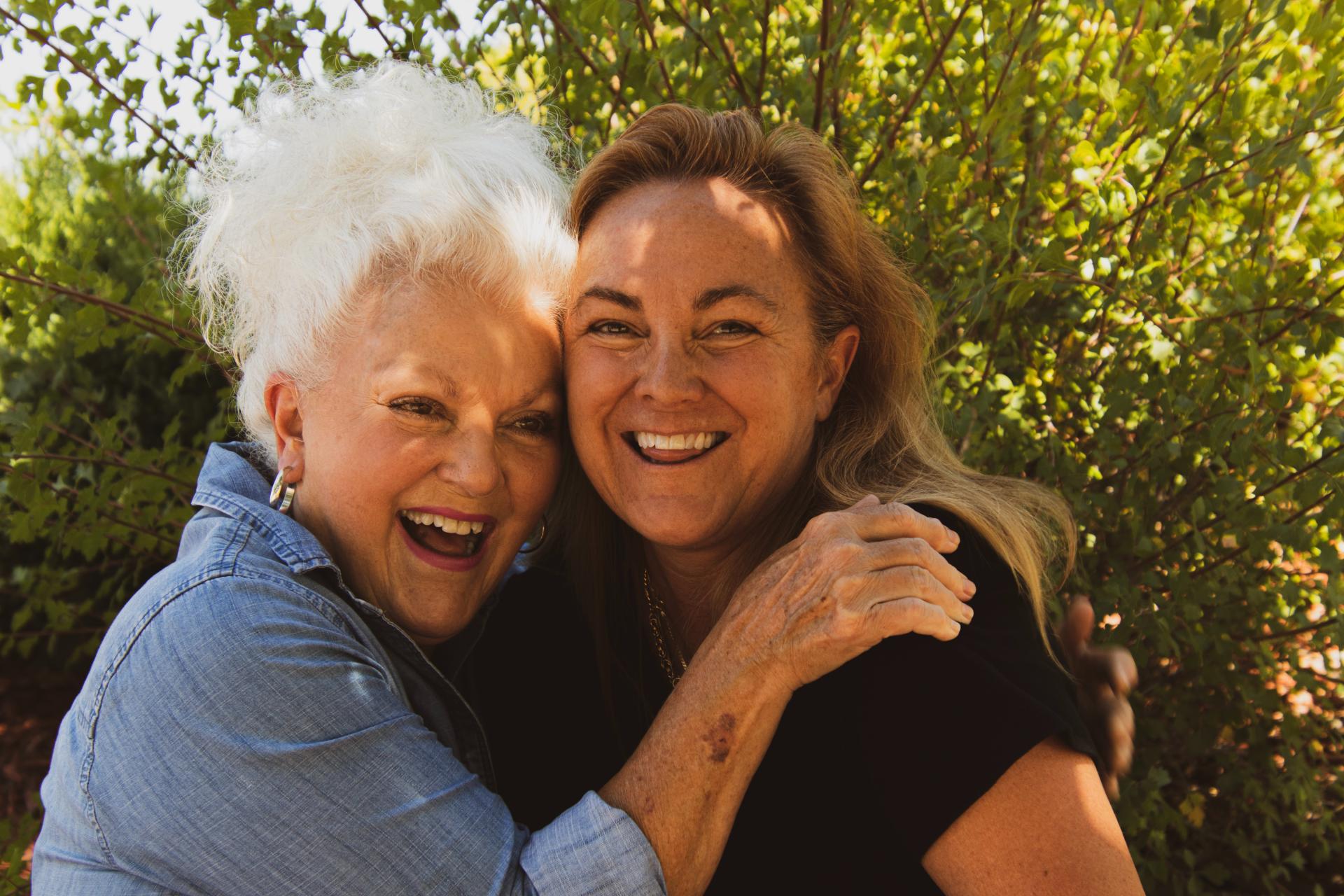
- March 17 2022
- Family
5 ways to help loved ones adjust to residential aged care
Making the decision to move a loved one into a residential aged care home isn’t always easy. The transition from living independently to living in aged care can have its challenges, for both residents and their family members.
Some of the feelings people feel are a loss of independence, feelings of rejection and isolation. For this reason, it’s crucial to help your loved ones settle in and be as supportive as possible while they make this huge transition.
Here are a few ways to help your loved ones adjust to residential aged care:
Make it feel like home
Home is where the heart is, so it’s important to help your loved one feel at home when they move into aged care. Although the space may be a lot smaller than their previous home, you can still decorate their space with things that feel familiar, such as photos, vases or even a bedspread.
You may think it’s better to buy new things for their room, but special keepsakes can mean more to them and help them feel more comfortable in this new environment.
Build relationships with staff
When a loved one moves into aged care, it’s inevitable that staff will become a big part of their lives. For this reason, it’s important to share details about your loved one to help them connect and care for your family member.
Nobody knows your loved one better than you, or other family members, so it’s valuable to let staff know what things they like, their interests, significant events in their life and even small details like nicknames, food they love or music they like to listen to.
Building these relationships early on will also help you feel more comfortable when you approach staff with requests or questions about your loved one’s care in the future.
Stay positive
The transition into aged care can be difficult for residents and family members. Although you may feel stressed, staying positive will help show your loved one that everything is ok and help them feel reassured as they make this life transition.
Keep in touch
One of the biggest fears people experience when they move into residential aged care is the fear of isolation. Feelings of abandonment are normal, so these first few months can be difficult for new residents.
To help alleviate these fears, it’s vital for family members and friends to visit as often as they can. It’s reassuring to see a familiar face and will let your loved ones know that you are there to support them. Once they are in a regular routine, you can also take them out and about and spend time together in the community.
Regular visits will also benefit family and friends, allowing you to check on your loved ones’ health and wellbeing.
Encourage social connections
Residential aged care homes often have wonderful on-site activities organised by diversional therapists. Encouraging your loved ones to get involved can help them build connections and relationships with other residents, helping them feel comfortable and more at home.
At HillView Care our diversional therapists host a variety of fun and engaging activities at both our Merrimac and Ashmore homes. Some of the activities include:
- bingo
- poetry
- social morning teas
- BBQ nights and ice-cream extravaganzas
- music and karaoke
- quizzes
- craft
- happy hours
- exercise
- bocce
- gardening
- garden walks
- shuffleboard.
Your support is so important while your loved ones transition into residential aged care, but remember you’re not alone. At HillView Care our staff are here to support you and your family member every step of the way. If you’d like to know more about HillView Care homes, contact us online or book a tour of our beautiful Merrimac or Ashmore facilities.




